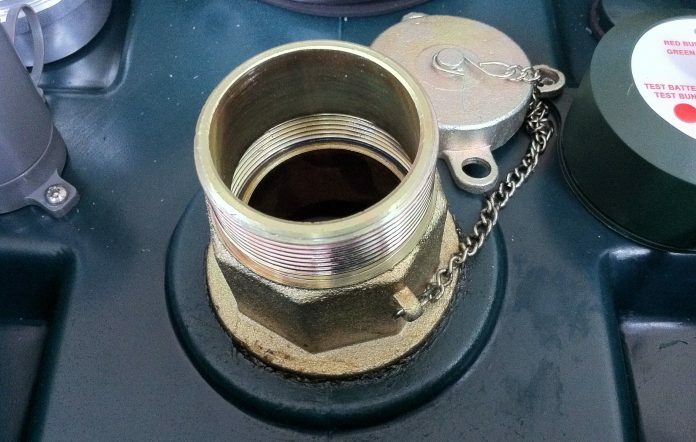#ThinkLPG is a new campaign to help rural energy users consider all the fuel and technology options available to them today. Already over 100,000 Britons have chosen Liquefied Petroleum Gas (LPG) for their domestic space and water heating requirements – among them #ThinkLPG’s Alex Wilson. In this article, Alex outlines the advantages LPG may offer rural energy users, including the 1.5 million Britons who still depend upon home heating oil.
Modern heating systems have a typical design life of between 15 and 20 years. So you if you’re in your mid to late forties, the central heating system you choose today, should see you through to retirement. That’s why it’s important to choose carefully and choose wisely.
At many rural heating installations, a like-for-like heating oil replacement is all too often considered the default choice. Yet for those prepared to look around and consider all the options, today there are a wide range of alternative and frequently better contenders – among them LPG.
LPG boilers might currently cost more to run than heating oil. But recognising that any central heating installation is a long-term investment, it makes sense to look beyond today’s unusually low heating oil prices. Just ask any heating oil user and they’ll quickly tell you that heating oil prices don’t stay low forever!
Today, a new, high efficiency, condensing LPG boiler can cost up to £900 less to purchase than an equivalent oil fired appliance. Many LPG suppliers can also provide you with a purpose designed storage tank, potentially saving you a further £1,500 compared with the cost of purchasing your own oil tank. Even better, most LPG suppliers can arrange to maintain your tank too for a small fee – providing you with peace of mind and reassurance as standard.
Clean-burning LPG burns efficiently and creates only minimal soot deposits. By contrast, partially combusted, heating oil can cause excessive amounts of soot to form within oil fired boilers. This soot must be removed, which may lead to increased service costs and reduced combustion efficiency – potentially costing more to run and more to maintain.
But LPG isn’t just cleaner than heating oil, it’s greener than heating oil too. Unlike heating oil, which when it spills can destroy streams, rivers and lakes – LPG poses only a very limited threat to groundwater. And by switching from heating oil to LPG, a typical UK house could reduce its carbon footprint by up to 0.8 tonnes each and every year. Over the 15 year lifespan of a typical domestic heating system, that’s a potential reduction in CO2 emissions of 12 tonnes. NOX emissions from an LPG fired system are also around 20% lower than from a heating oil system too.
LPG can also be easily integrated with renewable systems too. Manufacturers are already offering hybrid systems. And work is already well advanced on a whole range of new, low-carbon LPG technologies too.
I believe that pound for pound, LPG isn’t just helping transform how rural Britons heat their homes, but is the ideal fuel to succeed heating oil at many existing installations. And with an increasing number of homes already escaping the ‘oil trap’ and making the switch from heating oil to LPG, that’s a transformation which in the years ahead will become increasingly more noticeable. As someone who lives and works in the countryside, I believe that’s a good thing for everyone – not just those of us who happen to choose lower carbon LPG.
To find out more about LPG domestic heating, contact your local LPG supplier or search online for ‘LPG home energy’.


